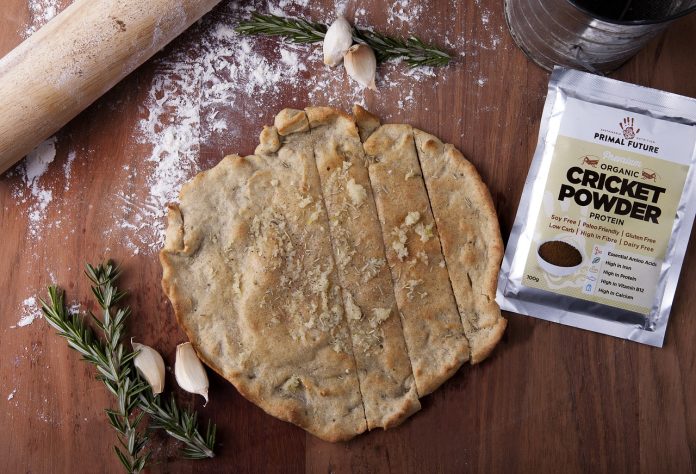The Best Protein Powder for Women’s Weight Loss: Your Ultimate Guide
Discover the top protein powder options for women’s weight loss. Learn about their benefits, how to choose the right one, and expert tips for effectively incorporating them into your diet.
Introduction:
Protein powder can be a valuable tool for women looking to lose weight. With numerous available options, it’s essential to understand which ones are best suited for your goals. This comprehensive guide explores the best protein powder choices for women’s weight loss, providing insights and expert recommendations to help you make informed decisions.
Understanding the Importance of Protein Powder in Weight Loss
Role of Protein in Weight Loss
Protein plays a crucial role in weight loss by promoting satiety, preserving lean muscle mass, and supporting metabolism. Incorporating enough protein into your diet can help control cravings and aid in fat loss.
Benefits of Protein Powder
Protein powder offers convenience and versatility, making it easy to increase your protein intake without consuming excess calories. It can be added to shakes, smoothies, or recipes, making it suitable for women with busy lifestyles.
Factors to Consider When Choosing Protein Powder for women’s weight loss
Protein Source
Protein powders are typically derived from various sources, including whey, casein, soy, pea, and collagen. When selecting a protein source, consider your dietary preferences, allergies, and nutritional needs.
Macronutrient Profile
Look for protein powders with a balanced macronutrient profile, containing minimal carbohydrates and fats. Opt for products with at least 20 grams of protein per serving to support satiety and muscle recovery.
Additives and Ingredients
Avoid protein powders with unnecessary additives, artificial flavors, and sweeteners. Choose products with minimal ingredients and natural sweeteners like stevia or monk fruit.
Top Protein Powder Options for Women’s Weight Loss
Whey Protein Isolate
Whey protein isolate is prevalent for women’s weight loss due to its high protein and low carbohydrate and fat content. It’s quickly absorbed by the body, making it ideal for post-workout recovery.
Pea Protein
Pea protein is a plant-based option for women with dairy allergies or dietary restrictions. It’s rich in essential amino acids and has been shown to promote feelings of fullness and support muscle growth.
Collagen Protein
Collagen protein is known for its skin and joint benefits, but it can also support weight loss by promoting satiety and preserving lean muscle mass. It’s an excellent option for women looking to improve their overall health while losing weight.
Expert Tips for Incorporating Protein Powder into Your Diet
Use it as a Meal Replacement.
Replace a meal with a protein shake or smoothie to control calorie intake and support weight loss. Include fruits, vegetables, and healthy fats to create a balanced meal replacement option.
Pre- or Post-Workout Fuel
Consume protein powder before or after workouts to support muscle recovery and replenish energy stores. Mix it with water or almond milk for a quick and convenient option.
Experiment with Recipes
Get creative with your protein powder by incorporating it into recipes such as pancakes, muffins, or energy balls. Experiment with different flavors and ingredients to keep your meals exciting and satisfying.
FAQs (Frequently Asked Questions)
- Can protein powder help women lose weight?
- Yes, protein powder can aid in weight loss by promoting satiety, preserving muscle mass, and supporting metabolism.
- Is it safe for women to consume protein powder?
- Protein powder is safe for women when consumed as part of a balanced diet. However, it’s essential to choose high-quality products and avoid excessive intake.
- How often should consume protein powder for women’s weight loss?
- The frequency of protein powder consumption depends on individual needs and preferences. Aim to incorporate it into meals or snacks to meet your protein requirements.
- Are there any side effects of consuming protein powder for women’s weight loss?
- While protein powder is generally safe, excessive intake may lead to digestive issues such as bloating or discomfort. Following recommended serving sizes and listening to your body’s cues is essential.
- Can protein powder help women build muscle?
- When combined with regular strength training exercises, protein powder can support muscle growth and repair. It provides the necessary amino acids needed for muscle synthesis.
- Is it essential to supplement with protein powder for women’s weight loss?
- While protein powder can be a convenient option for increasing protein intake, it’s unnecessary for weight loss. Whole food sources of protein should always be prioritized in a healthy diet.
Conclusion:
Choosing the best protein powder for women’s weight loss can significantly impact your success in achieving your goals. You can select a product that aligns with your needs and preferences by considering factors such as protein source, macronutrient profile, and additives. Incorporating protein powder into your diet strategically, along with healthy eating habits and regular exercise, can support your weight loss journey and enhance overall well-being.
Also Read: Weight Loss After Uterine Polyp Removal: A New Beginning
Puravive Hollywood’s Exotic secret for Weight loss
Click Here to Buy
Affiliate Disclosure:
The links contained in this product review may result in a small commission if you opt to purchase the product recommended at no additional cost to you. This goes towards supporting our research and editorial team and please know we only recommend high quality products.
Disclaimer:
Please understand that any advice or guidelines revealed here are not even remotely a substitute for sound medical advice from a licensed healthcare provider. Make sure to consult with a professional physician before making any purchasing decision if you use medications or have converts following the review details shared above. Individual results may vary as the statements made regarding these products have not been evaluated by the Food and Drug Administration. The efficacy of these products have not been confirmed by FDA approved research. These products are not intended to diagnose, treat, cure or prevent any disease.




